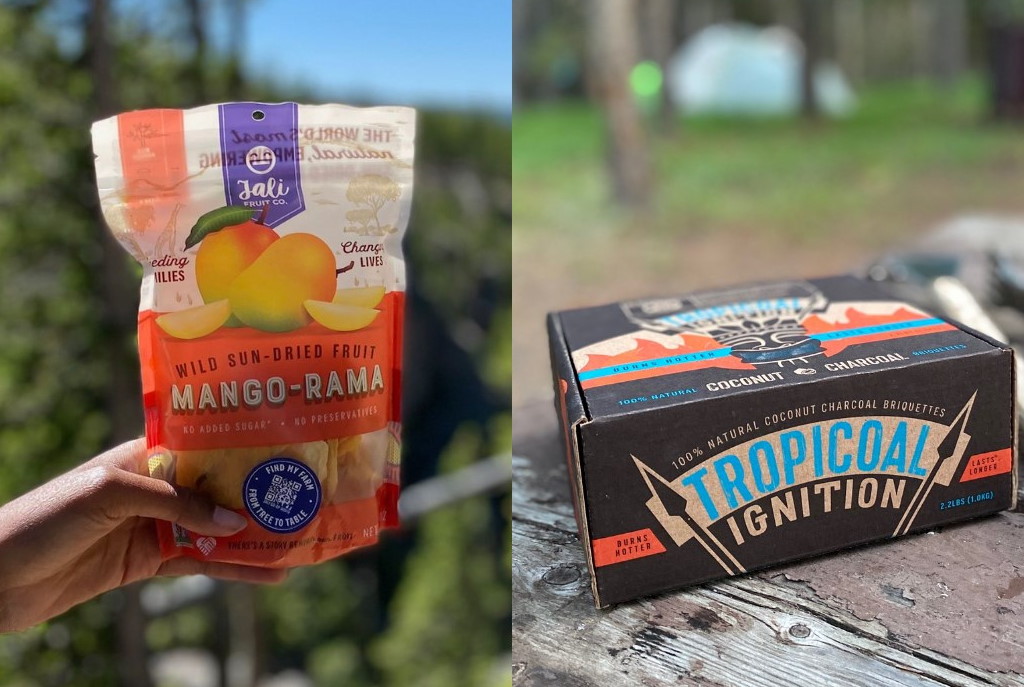Agricycle recently won FoodBytes! Pitch 2020 with their vertically integrated portfolio of ethically sourced and upcycled CPG brands with the mission of eliminating extreme rural poverty through market-based solutions. The team gratefully shared more information on their business and impact.
How/why did you start Agricycle?
Josh, the CEO and Founder of the Agricycle, was an engineering student in 2015 when he started a school project in the Blue Mountains of Jamaica to create dehydrators for the purpose of transforming food waste into products. The farmers there said the technology was great, but it was not actually a solution they were looking for – the project was taking waste of product and making it into another product they couldn’t do anything with. Josh then recognized a viable solution would need to have not only this component of preservation technology, but also market linkage.
Can you describe Agricycle’s business how you differ from other competitors in the space?
What is Agricycle’s impact?
How is Agricycle thinking about policy?
What are the current trends in the sector and what does the future look like?
Outlook
About The Author

Daniel currently works at Lawrence Livermore National Laboratory. His original assignment was to maintain and update facility safety documentation for all facilities on-site, and perform risk analysis. Over time, his role has expanded to leading continuous improvement efforts through product management.
Concurrently, Daniel volunteers with Techstars, helping organize startup weekends, and with the American Institute of Chemical Engineers, organizing events on the local and national levels of the organization. He also volunteers with One World, and previously with Powerhouse Ventures, to source and screen startups for potential investment.
Daniel holds a BS in Chemical Engineering from UC Davis, and recently completed coursework in energy innovation from Stanford. His passion is at the intersection of sustainability, innovation, and business.

